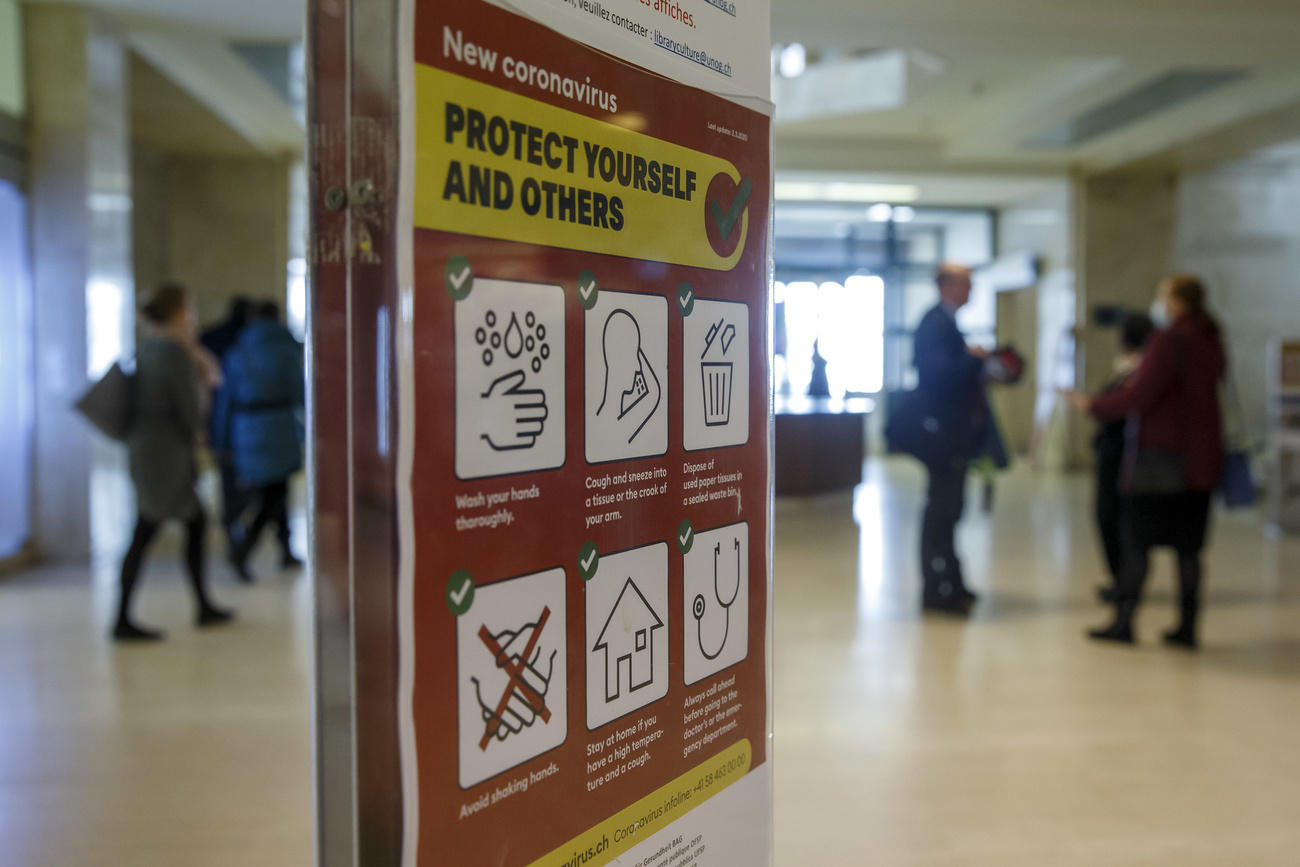‘We will come through this together’
The upheaval caused by the coronavirus, Covid-19, is all around us. And I know many are anxious, worried and confused. That’s absolutely natural.
We are facing a health threat unlike any other in our lifetimes. Meanwhile, the virus is spreading, the danger is growing, and our health systems, economies and day-to-day lives are being severely tested.
The most vulnerable are the most affected, particularly our elderly and those with pre-existing medical conditions, those without access to reliable health care, and those in poverty or living on the edge.

More
An international virus needs an international response
The social and economic fallout from the combination of the pandemic and slowing economies will affect most of us for some months. But the spread of the virus will peak. Our economies will recover.
Until then, we must act together to slow the spread of the virus and look after each other. This is a time for prudence, not panic. Science, not stigma. Facts, not fear.
Even though the situation has been classified as a pandemic, it is one we can control. We can slow down transmissions, prevent infections and save lives. But that will take unprecedented personal, national and international action.
“Declare war on virus”
Covid-19 is our common enemy. We must declare war on this virus. That means countries have a responsibility to gear up, step up and scale up.
How? By implementing effective containment strategies; by activating and enhancing emergency response systems; by dramatically increasing testing capacity and care for patients; by readying hospitals, ensuring they have the space, supplies and needed personnel; and by developing life-saving medical interventions.
All of us have a responsibility too, to follow medical advice and take simple, practical steps recommended by health authorities.
Economic impact
In addition to being a public health crisis, the virus is infecting the global economy.
WHO
The World Health Organization (WHOExternal link), which has its headquarters in Geneva, has a primary role of directing and coordinating international health within the UN system.
WHO is continuously monitoring and responding to the outbreak. It provides daily global updates on COVID-19, how it spreads and how it is affecting people worldwide. It has also sent expert teams to help countries respond to the crisis.
WHO Director General Tedros Adhanom Ghebreyesus has called on countries to take a comprehensive approach to fighting the pandemic and to isolate, test and trace as many cases as possible.
More than 200,000 cases of coronavirus have been reported, with over 80,000 in China, and 8,925 deaths (as of March 19). Cases and deaths outside China have overtaken those in the country where the outbreak began, according to Reuters.
Financial markets have been hard hit by the uncertainty. Global supply chains have been disrupted. Investment and consumer demand have plunged – with a real and rising risk of a global recession.
UN economists estimate that the virus could cost the global economy at least $1 trillion this year – and perhaps far more.
No country can do it alone. More than ever, governments must cooperate to revitalize economies, expand public investment, boost trade, and ensure targeted support for the people and communities most affected by the disease or more vulnerable to the negative economic impacts – including women who often shoulder a disproportionate burden of care work.
A pandemic drives home the essential interconnectedness of our human family. Preventing the further spread of Covid-19 is a shared responsibility for us all.
The UN – including the World Health Organization (WHO) – is fully mobilised.
As part of our human family, we are working 24/7 with governments, providing international guidance, helping the world take on this threat.
We are in this together – and we will get through this, together.
The views expressed in this article are solely those of the author, and do not necessarily reflect the views of swissinfo.ch.
Opinion series
swissinfo.ch publishes op-ed articles by contributors writing on a wide range of topics – Swiss issues or those that impact Switzerland. The selection of articles presents a diversity of opinions designed to enrich the debate on the issues discussed.

In compliance with the JTI standards
More: SWI swissinfo.ch certified by the Journalism Trust Initiative












You can find an overview of ongoing debates with our journalists here . Please join us!
If you want to start a conversation about a topic raised in this article or want to report factual errors, email us at english@swissinfo.ch.